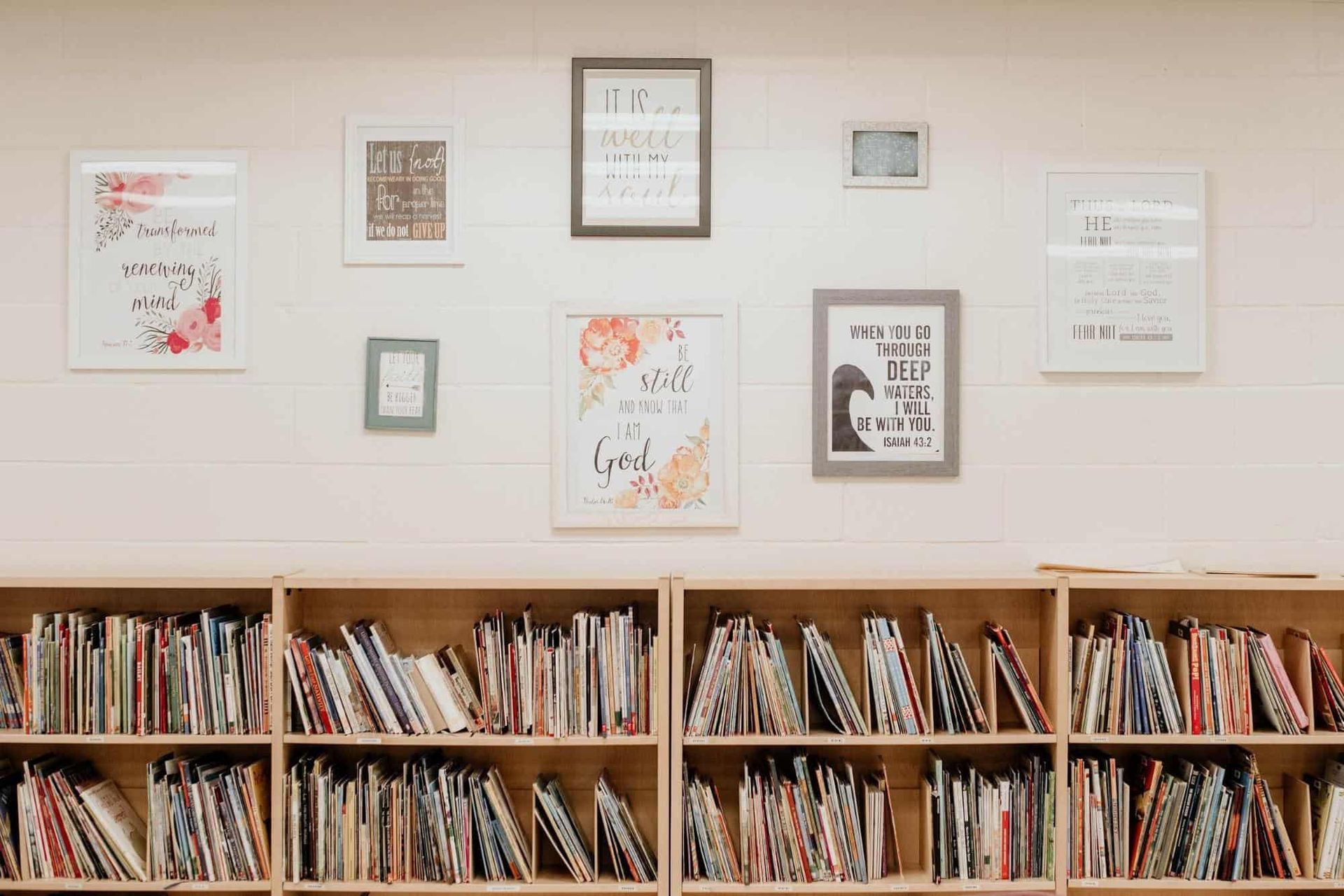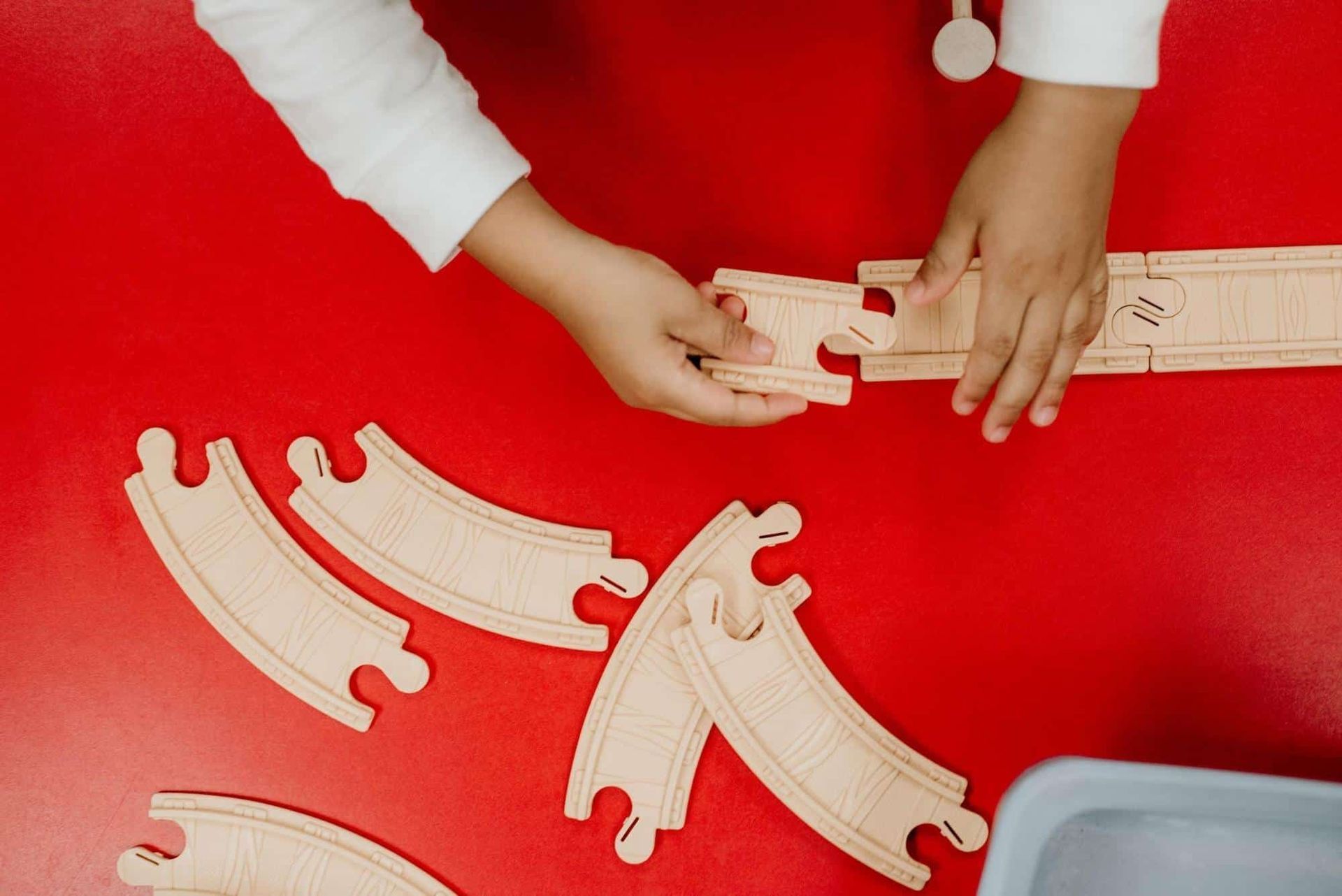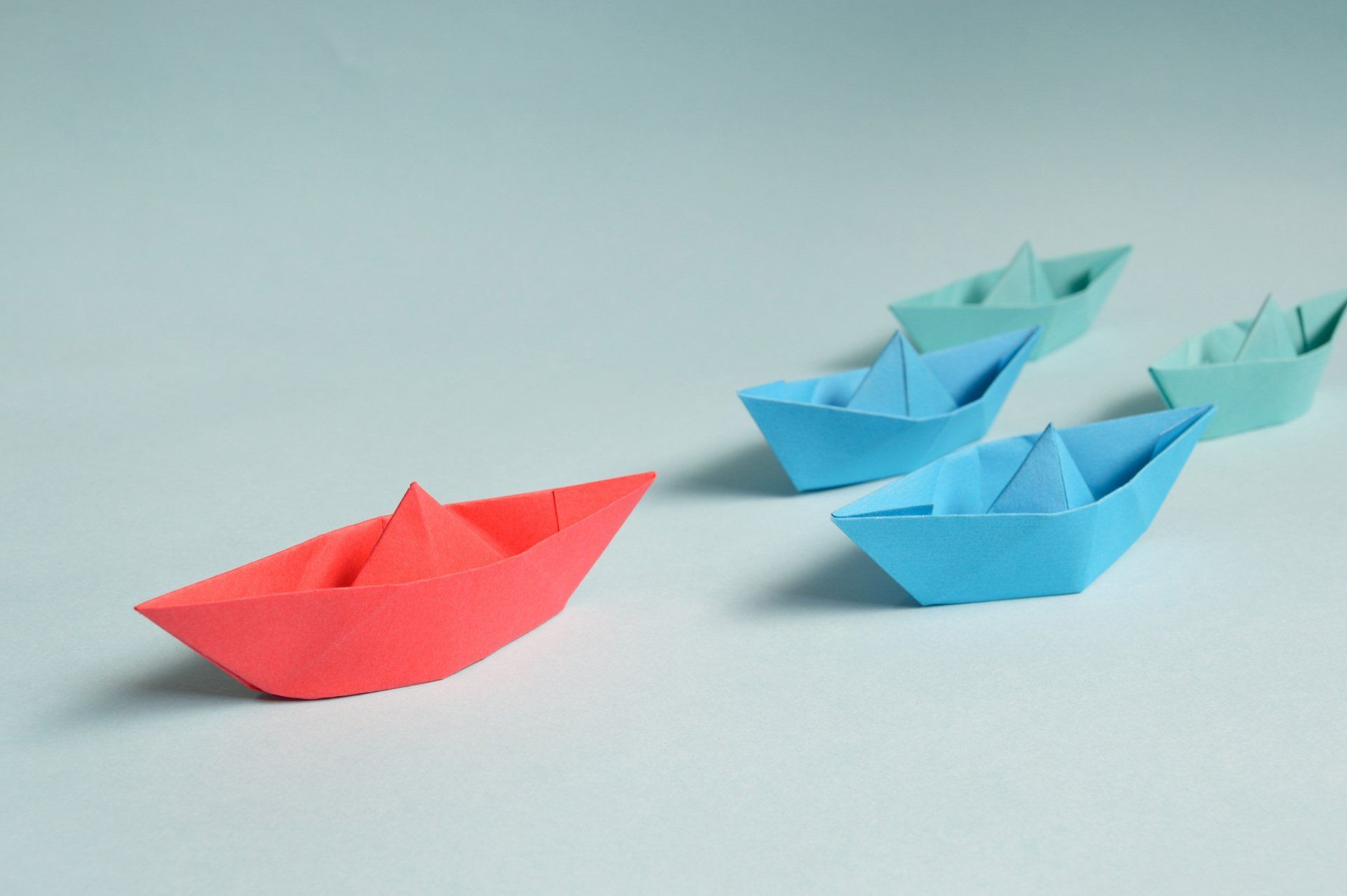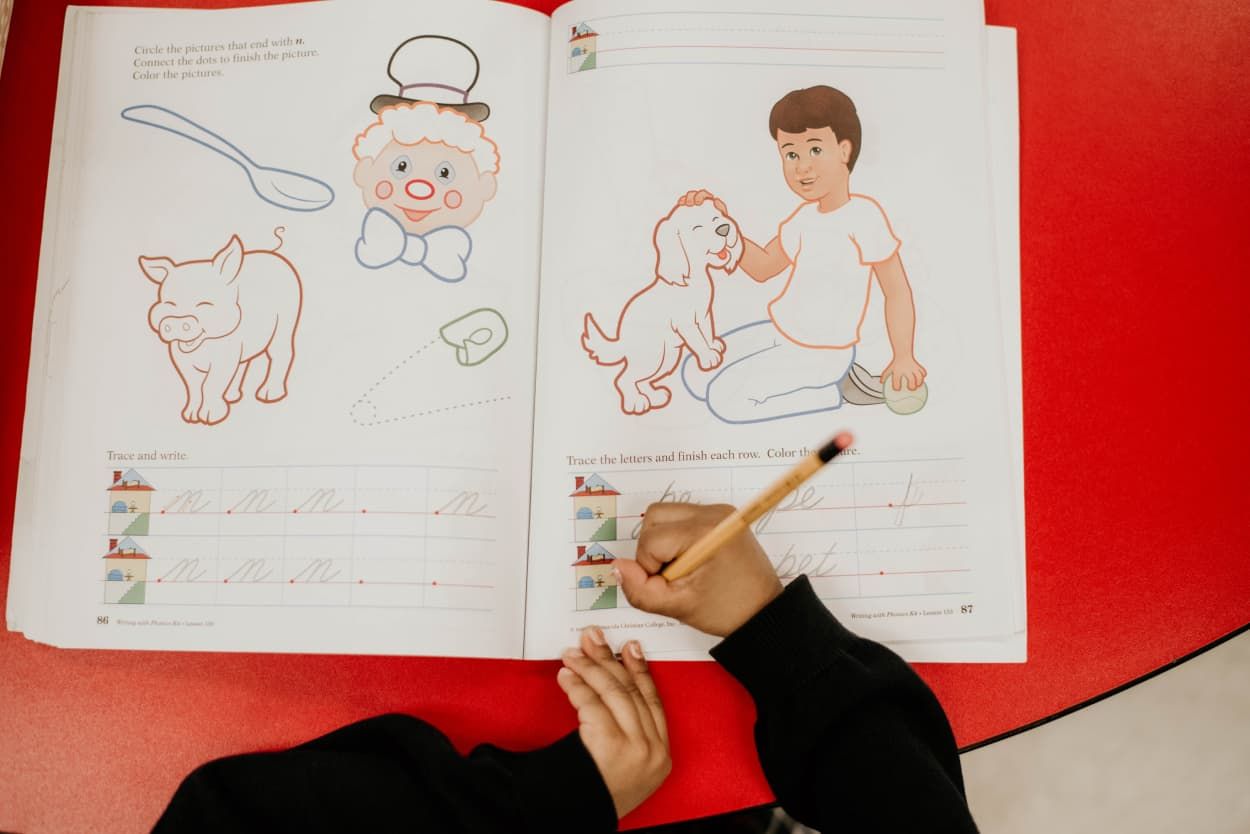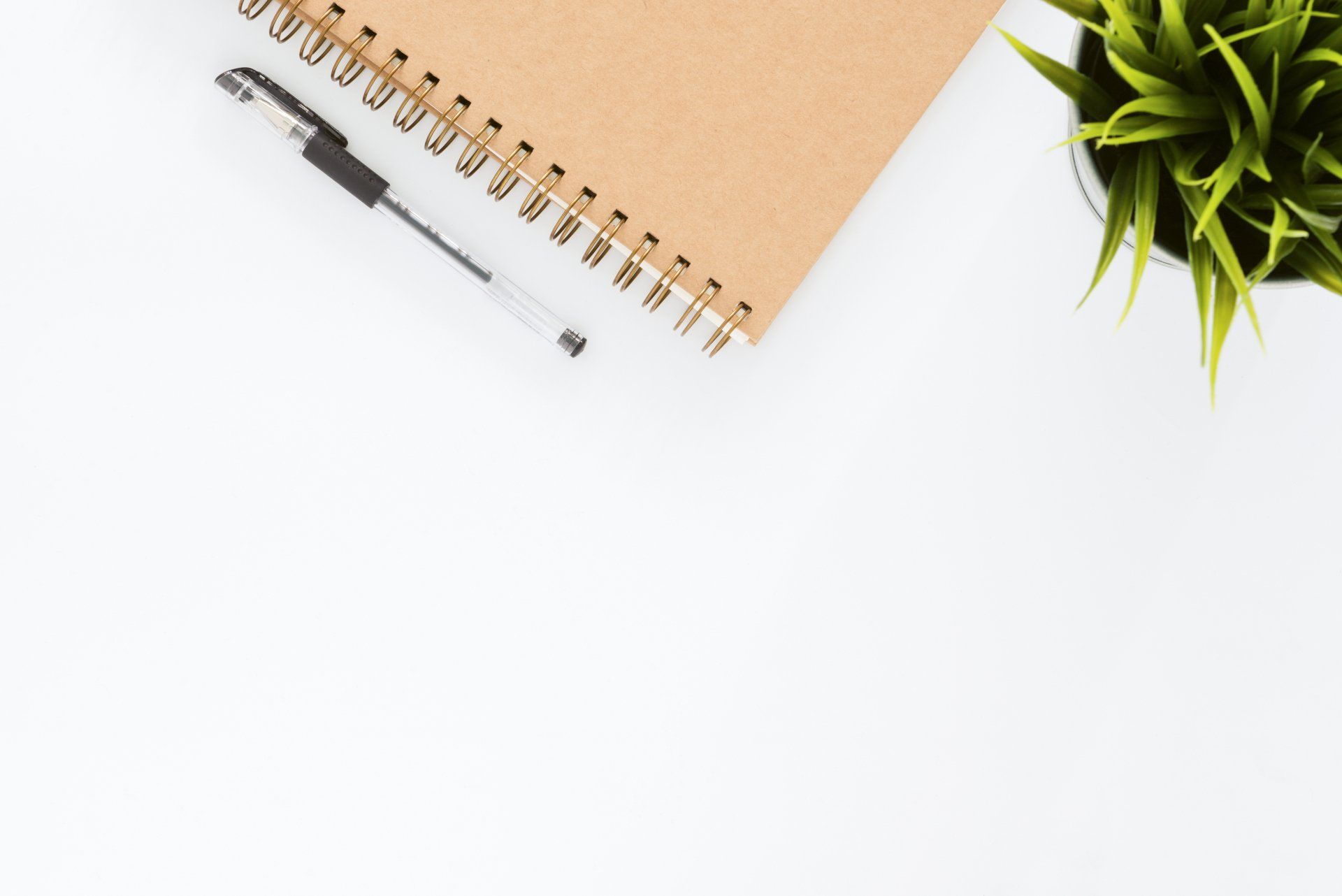How to Prepare Your Child for Kindergarten
The first day of kindergarten is an emotionally charged one. Your child is facing a whole new experience, and even many parents get choked up watching their child meet this big life milestone.
Simple activities and games at home can help ready your child for their first day by giving them an idea of what to expect and providing them with a few basic skills.
But maybe you feel lost about how to prepare your child for kindergarten. That’s why we’ve prepared these 8 tips to guide you. We encourage you to use it as a kindergarten readiness checklist that will help your child have the smoothest possible preschool start. Read on!
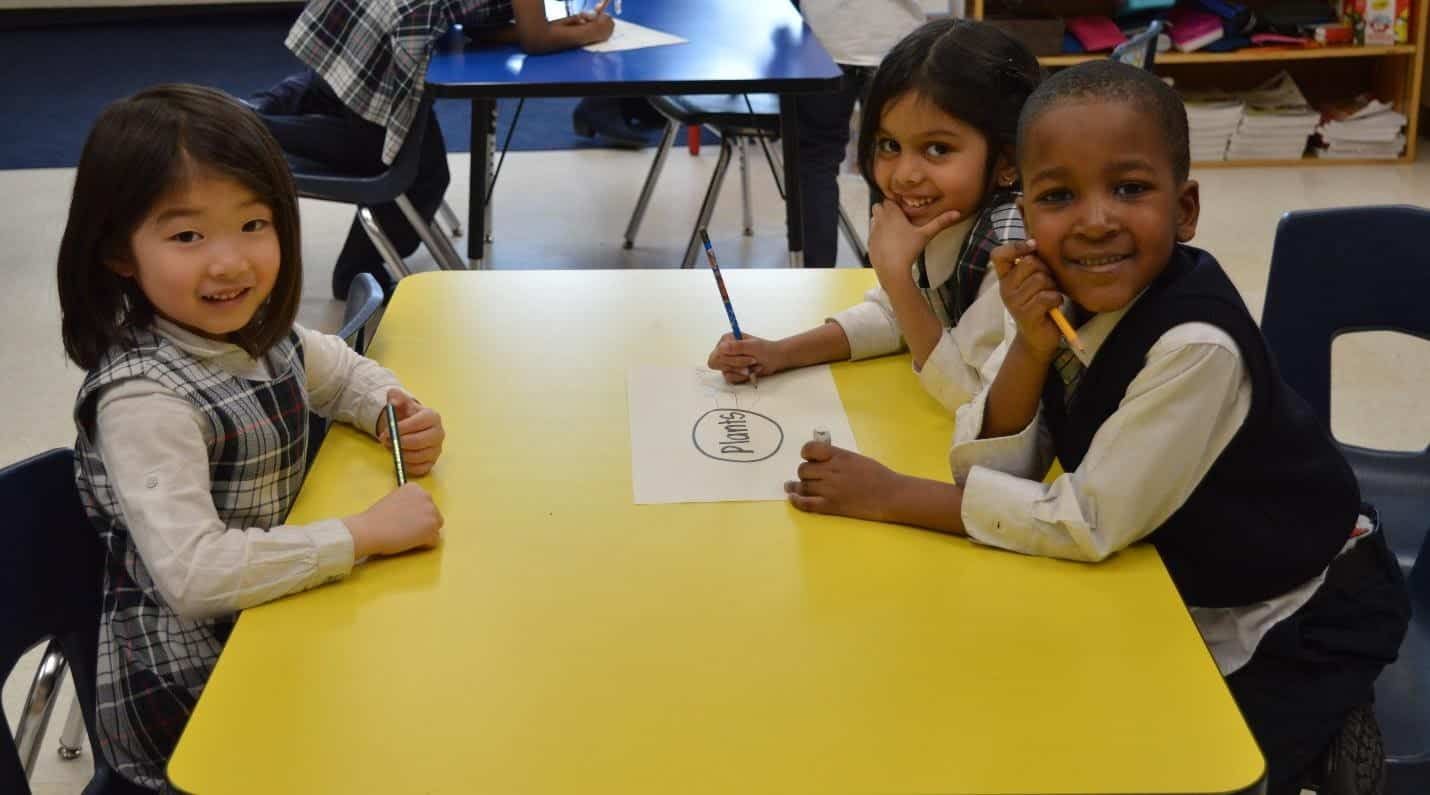
1. Talk to Your Child
Going to kindergarten can be scary for your child. Junior kindergarten is unique in the sense that there are a lot of “firsts” in a child’s life. It’s the first time being away from home for a longer period, first time learning with teachers, first time encountering many subjects, etc. It’s a great unknown for your child. They have no idea what to expect as they may have never experienced anything like it before.
Talk about kindergarten with your child to help prepare them emotionally. This will help relieve a lot of the uncertainty, and anxiety kids usually feel when they’re about to start preschool.
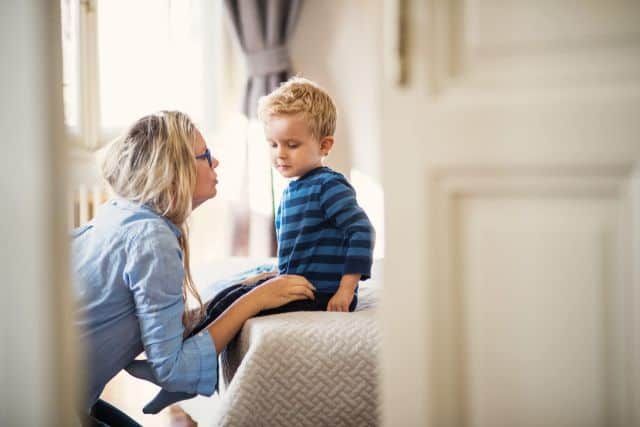
Explain what kindergarten is and what they can expect. Reading a book with your child about the first day of school can be helpful to give them more context.
Also, be sure to ask a lot of questions. Try to get your child to express how they’re feeling and what’s on their mind. They may be nervous or excited or experience a mix of emotions they can’t fully explain. It’s okay! Just give them a chance to express themselves.
2. Encourage Independence and Self-Care
A key item on your child’s kindergarten readiness checklist is taking steps towards cultivating a child’s independence. Encouraging children to be independent and learn how to care for themselves and manage their own things helps them master the ability to handle multiple tasks at school too.
Teachers at MCA keep a watchful eye on each and every child. But we also strongly encourage teaching kids life skills they’ll need as adults. Thus, one of the best ways to prepare a child for kindergarten is to teach them to be independent. Raising a child that is confident in life skills will erase fears of the unknown, and also help banish a complete dependency upon parents or siblings.

Give your child instructions like cleaning up their room, wipe off the kitchen table, empty small trash cans, pick up toys and other jobs that their small hands could do. Help them at first, but slowly pull back until they can follow directions on their own.
3. Warm Up Their Motor Skills
Start your engines! From day one, your child has been learning to interact with the world around them, building an important skill called hand-eye coordination. Kindergarten and elementary school ramp this up quite a bit. By learning to read, manipulate pencils and perform other tasks, children make use of more and more complex motor skills.
Help your child prepare by spending lots of time practicing their motor skills. A key area of development is fine motor skills. These include the precise use of hands and fingers to manipulate and use objects. Your child’s mastery of fine-motor skills will allow them greater independence in tasks like opening doors, zipping zippers, brushing teeth, washing hands, and so on.
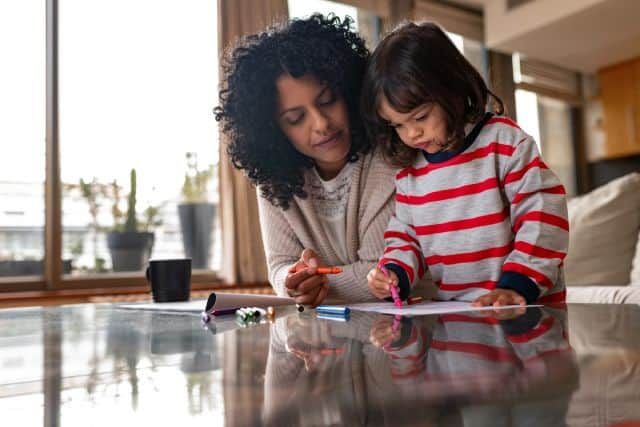
Colouring, drawing, and playing with playdough are great for fine motor skills. Developing fine motor skills will also increase hand-eye coordination which lays the foundation for academic learning in later years. This will not only improve their writing skills but also enhance their creative expression through drawing, playing music instruments and using complex tools. And it’s not only about creativeness, fine motor skills are essential for doctors that operate on patients, architects that design buildings and engineers that develop new electronic products.
On the other hand, gross motor skills enable your child to perform important everyday tasks. Gross motor skills enable your child to perform important everyday tasks, such as getting out of bed and going downstairs for breakfast and provide more confidence to explore the outdoors. Playing catch with a ball, running, jumping, skipping, and other activities help develop their gross motor skills.
4. Help Them Learn Through Play
Learning doesn’t have to be boring. Learning through play helps prepare your child for kindergarten and be ready for things to come like asking questions, expressing themselves, collaborating with others, and taking creative risks.
So, to encourage your child to develop the love for learning, think of fun and interactive games that are also educational. There are plenty of fun ways that you can prepare your child for kindergarten. Play educational board games, make up counting games with household items and sing silly songs that teach the names of body parts, days of the week, etc.
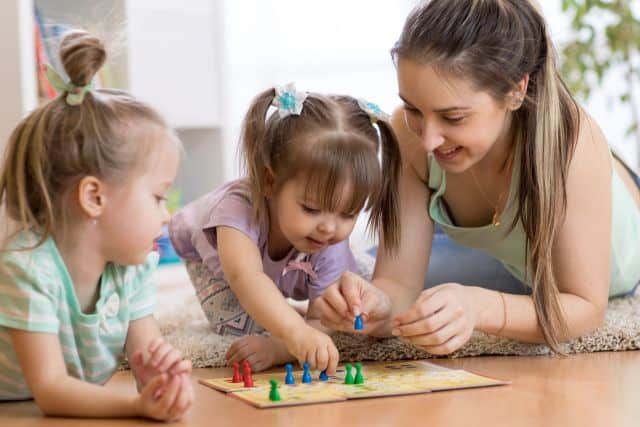
By playing, children retain their natural curiosity and avoid losing the excitement of learning something new. At MCA, we seek to teach young students that learning is not just a formal activity they do in the classroom. It’s fun and interactive. Our goals are to provide kids with opportunities to inquire, explore, work as a team, experiment, play with different possibilities and investigate subjects that interest them. This enables our students fall in love with learning and helps them master concepts and subjects faster and easier.
5. Teach Them Basic Math and Language Skills
Kids don’t need to learn to read before entering kindergarten but learning some basic skills will make everything less overwhelming for them. Sing songs and nursery rhymes and read a variety of books with your child to teach them patterns of both written and spoken language. Start pointing out the letters and aim to teach them at least 10.
Here are a few things to do when helping your child develop their language skills:
- Verbally give your child specific one-step and two-step directions and encourage them to follow through
- Read to your child for a combined total of at least 20 minutes each day
- While reading, point out how to hold a book (right-side up with the book spine on the left)
- Demonstrate the orientation in which we read the words and look at the pictures (left to right).
- After reading, ask your child what happened in the beginning, middle, and end of the story.
- Teach your child the uppercase and lowercase letters and, most importantly, the sounds each letter makes through play and games.
Besides words and letters, numbers are another essential concept your child needs to master going into kindergarten. Teach your child numerals from 1-10. You can even go beyond if your child catches on quickly.
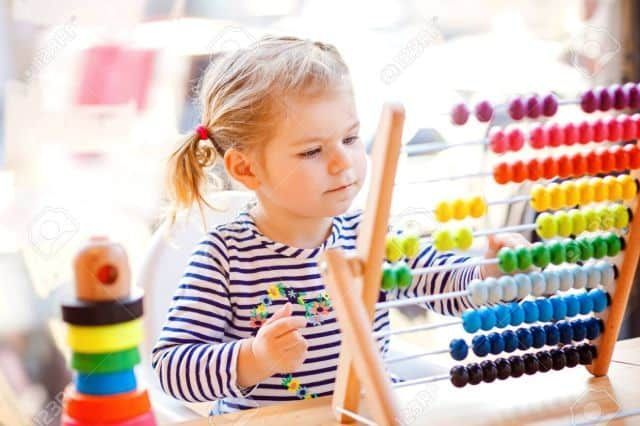
And as with many other activities at this age, you’ll want to make it fun. Play counting games or songs to learn to count up to at least 20. Help your child master numbers by counting objects at home, your backyard and even objects in and around your car when driving. Introduce the concept of counting by twos and putting smaller numbers together to make bigger ones.
You can even try some basic addition. It’s best to start by adding objects that your child is familiar with, such as their toys, or other objects they commonly interact with, like chairs, pieces of fruit, etc. For example, when you have five toys, count them up to five. Then separate the toys into two and three toys, count the two and three, put them together and count to five. It’s okay if they don’t understand, you’re just planting the seed at this point.
6. Provide Experiences Away from You
Up until kindergarten, your child may have spent the bulk of their time with you. This leads some kids to become very attached to their parents. Kindergarten is already an intimidating new experience, and it can be made worse if they’ve never spent any time away from you.
That’s why it’s very important to prepare your child by providing experience away from you as a parent. This will make the transition to kindergarten easier and will help your child feel more comfortable taking directions from and listening to other adults.
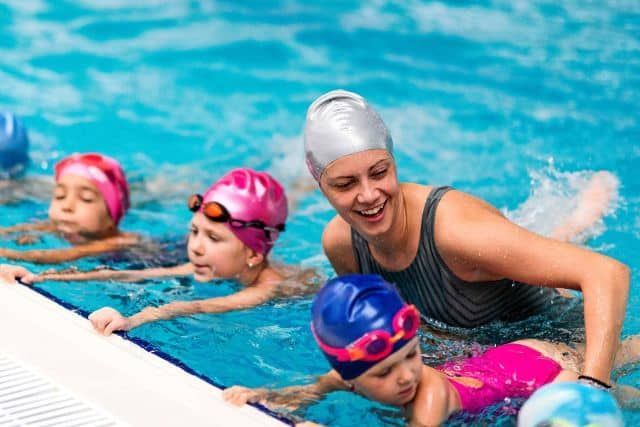
There are a number of ways to do this. For example, you could sign up your child for swimming lessons, take them to storytime at the library, make arrangements for a sleepover with a family member or friend, drop them off at the Sunday school class while you attend church, or even have them attend a summer camp. All this gives them a chance to interact with other kids and adults without you being present.
7. Make Following Directions and Rules Fun
Teach your child how to follow directions, but make sure to keep it fun. Kids in kindergarten are expected to abide by many rules like sitting still, paying attention and perform certain tasks. This can be challenging for many kindergarteners who are still developing self-control and skills that help them focus and follow directions.
To help prepare your child for kindergarten, practice following rules at home in a fun way. A good way to start is to break up activities into a couple of steps and give your child directions to follow. Give them instructions — one at a time at first and gradually adding on a couple of steps.
Before you start asking your child to perform real tasks, make following directions into a game. Fun activities can help reinforce students’ ability to follow directions in the classroom. Some great examples are games like Simon Says, Walk and Stop, Colour by Numbers, Building Blocks, Hunting for Treasure, etc.
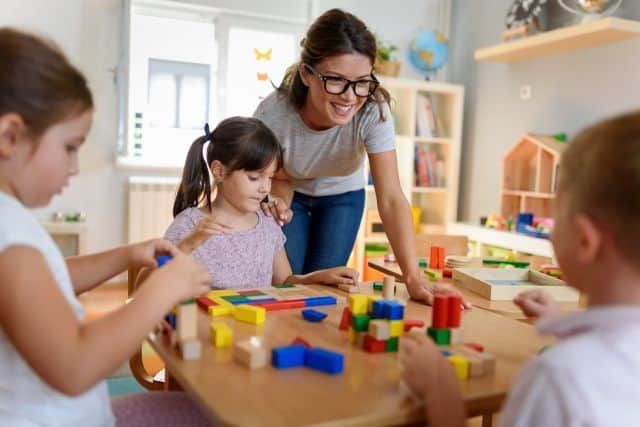
While “rules” may appear counterintuitive to the idea of free, voluntary play, a system of mental rules is a key feature of play. This helps gradually transition to other activities that include tasks that could be encountered in real life. Invite them to help you cook or sit down with them to do simple crafts.
When giving directions to your child, be as specific as possible and use visual cues. So, for example, point out what needs to be cleaned. You can also demonstrate what you’re asking to be done. It also helps to check your child’s understanding. Ask your child to repeat your directions back to you. Or ask them to explain your directions in their own words. It gives your child a chance to ask questions. It also gives you a chance to clarify what you said in case your child misunderstood something.
8. Introduce Your Child to New Friends
To help your child connect with other children at kindergarten, it’s important to introduce new friends early on. Friendships help a child develop important life skills like getting along with other people and avoiding and sorting out conflicts and problems. Children with these skills are less likely to have social and emotional difficulties later in life.
Your child will get to meet and interact with a lot of new kids at kindergarten, so it’s best to be ready for this ahead of time. If possible, introduce your child to some of their new classmates early. It will feel less intimidating if there are a few familiar faces among the crowd.
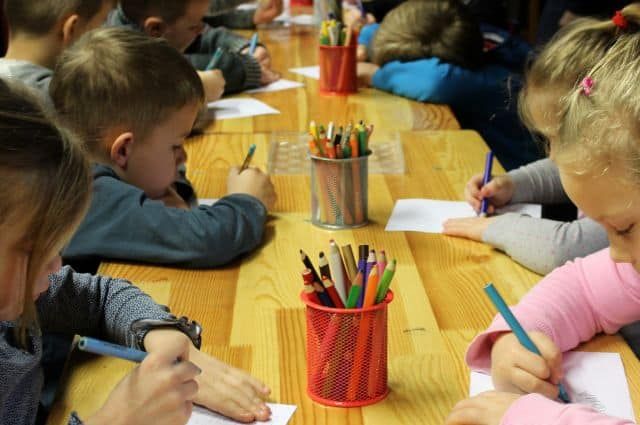
If you don’t know who their classmates will be, just arrange for them to play with other kids in the same grade. This will enhance their social skills as well as they will start learning how to interact with little people their own age.
Ready for the First Day of Kindergarten?
You might never feel that you or your child are truly ready for kindergarten. You might worry about your child knowing too much or too little or feeling out of place or overwhelmed.
Take a deep breath and follow these tips for kindergarten readiness; we promise that you’ll both be okay.
Kindergarten teachers understand that some children will be more advanced than others, and the class is designed to accommodate this. As far as emotionally, kindergarten is a great opportunity for kids to start learning the important skills they will need to become well-adjusted adults.
Looking for a private kindergarten for your child? Here at Mississauga Christian Academy, we are accepting applications for our private school. Sign up for a school tour today to see what we’re all about!
